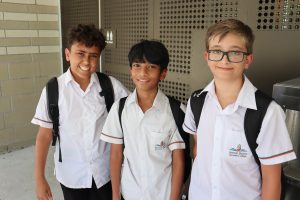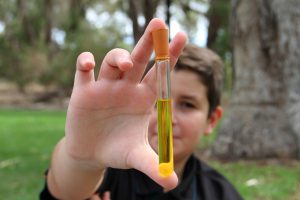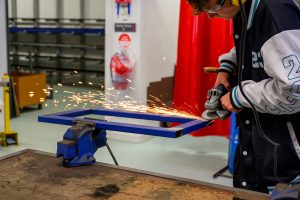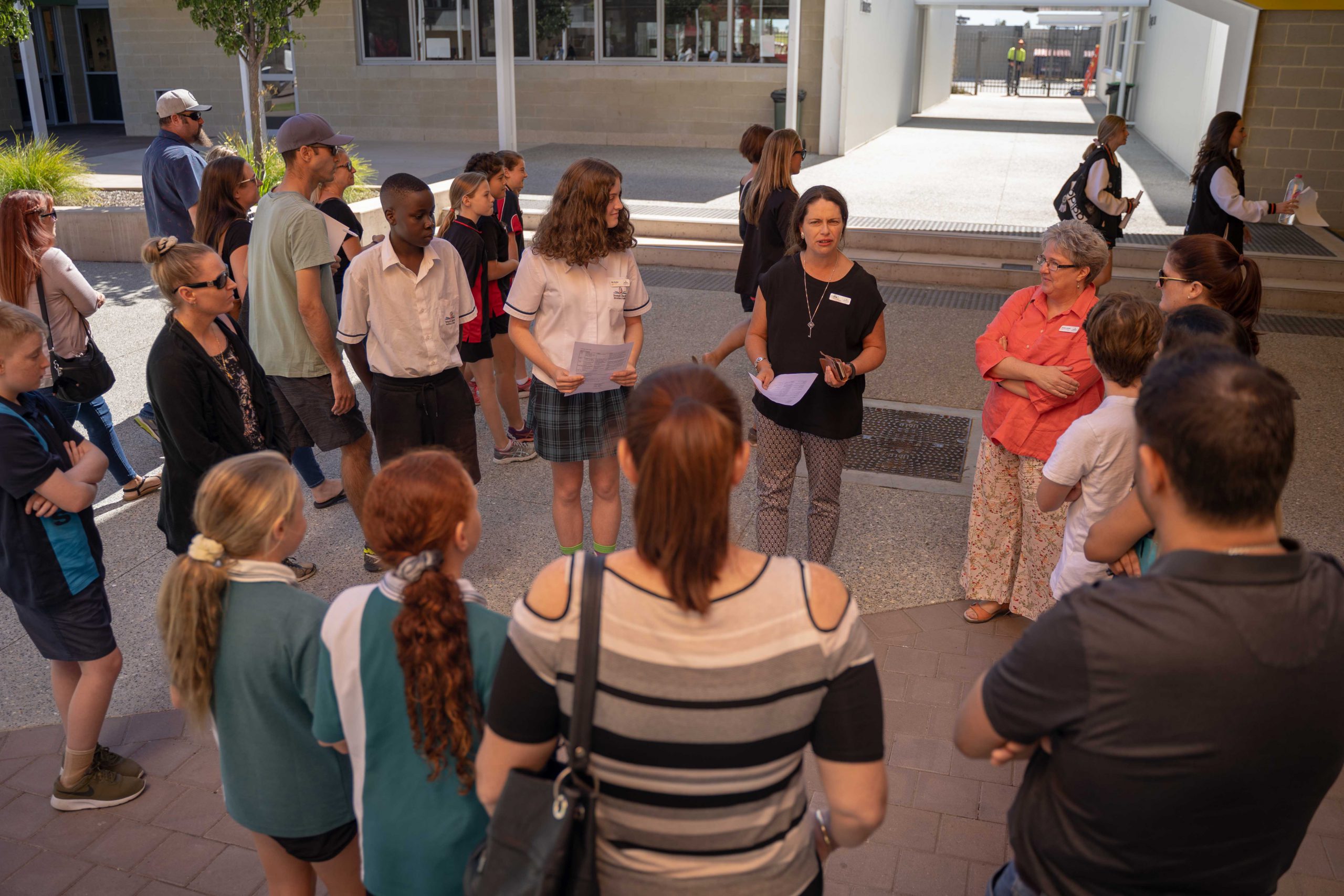Media Production and Analysis (General)
Course Code: GEMPA/GTMPA
Domain: The Arts
Timetable: Semester 1 and 2
Length of Course: 2 Years
Unit Information
The Media Production and Analysis (General) course aims to prepare all students for a future in a digital and
interconnected world by providing the skills, knowledge and understandings to tell their own stories and
interpret others’ stories. Students learn the languages of media communication and how a story is
constructed using representations. Students are encouraged to explore, experiment and interpret their
world, reflecting and analysing contemporary life while understanding that this is done under social, cultural
and institutional constraints. Students as users and creators of media products, consider the important role
of audiences and their context.
Digital technologies have had an impact on and extended, the capacity that the media play in all Australian
lives. Through new technologies, the role of the audience has shifted from a passive consumer to a more
active participant, shaping the media through interaction and more accessible modes of production and
dissemination of media work. Students’ interaction and opportunity to use technologies enables them to
engage with current media and adapt to evolving media platforms.
The creation of convergent and hybrid media means that the system of communication changes as new
media are developed. The local and global media contexts are continuously interacting, making audiences
global consumers of media products. Through the consumption of global media work, awareness of global
issues creates a collective consciousness and sense of responsibility, giving rise to the notion of audiences
also being global citizens. Through the process of investigation, students are able to engage with topics,
issues and themes which have global and local relevance and artistic movements and styles which in turn,
create new notions of media aesthetics.
The production of media work enables students to demonstrate their understanding of the key concepts of
media languages, representation, audience, production, skills and processes as well as express their
creativity and originality. When producing media work, students learn to make decisions about all aspects of
production, including creative choices across pre-production, production and post-production phases. This
provides an opportunity for students to reflect on and discuss their own creative work, intentions and
outcomes. Within this process, skills are developed enabling students to manipulate technologies which
simulate industry experiences.
Year 11
Unit One
The focus for this unit is on the mass media. Within this broad focus, students reflect on their own use of the
media, common representations, including the examination of characters, stars and stereotypes and the way
media is constructed and produced.
Students are introduced to the languages of the media, learning how codes and conventions are used to
construct representations within narratives. They examine the media that surrounds them and consider how
audiences interpret media representations of people and their associated values.
Students analyse, view, listen to and interact with common media work from their everyday use. They also
generate ideas and, with the assistance of their teachers, learn the basic production skills and processes as
they apply their knowledge and creativity in their productions.
Unit Two
The focus for this unit is on point of view, a concept that underpins the construction of all media work. In
this unit, students will be introduced to the concept and learn how a point of view can be constructed. They
will analyse media work and construct a point of view in their own productions.
Within this broad focus, students have the opportunity to choose from a range of media genres and styles
and examine ways in which information and specific codes, conventions and techniques are selected and
used to present a particular point of view.
In contexts related to point of view, students analyse, view, listen to and interact with media work in
commercial and non-commercial media. They learn about production processes and some of the controls
that influence decision making in media production. Students develop strategies and production skills when
creating their own media work.
Year 12
Unit Three
The focus for this unit is on entertainment.Within this broad focus, teachers select learning contexts
interesting to students and build upon the informal understandings they have already acquired.
Students expand their understanding of media languages, learning how codes and conventions are used to
construct entertainment media. They examine the process of representation and the way values are
constructed in media work. Students consider how the experiences of audiences influence their responses to
media and how media work is shaped by the production context and through the production process.
Students analyse, view, listen to and interact with interesting and relevant media work. They also generate
ideas and learn production skills and processes as they apply their knowledge and creativity in their
productions.
Unit Four
The focus for this unit is on representation and reality. Representation is the act of re-presenting or
constructing identities, places or ideas based on shared values and understandings. Students will consider
different types of representations and how they relate to the construction of reality within media work.
Within this broad focus, students have the opportunity to choose from a range of media genres and styles
and examine ways in which codes, conventions and techniques are used to dramatise and re-present reality
while at the same time engaging and informing audiences.
In contexts related to representation and reality, students analyse, view, listen and interact with a variety of
media work. They learn about production controls, constraints and responsibilities. Students continue to
develop strategies and production skills when creating their own media work.
Pathway Information
Tertiary
Workforce
Students undertaking this course may wish to consider tertiary studies in:
- Diploma of Screen and Media (Film and Television)
- Bachelor of Media and Communications (Screen Studies Major)
This course suits direct workforce entry into the following:
- Film and Television
- Photography
- Graphic Design
- Copywriter
- Journalist
Additional Information
Estimated Charges: $65 per year



